This is a new milestone in the technology corporation's more than decade-long effort to diversify its global supply chain, reducing the risk of relying too much on a single market.
For the first time, all the latest versions, including the high-end Pro line, will be shipped from the South Asian country from day one, according to Bloomberg.
The move not only changes logistics, but also signals a reshaping of Apple's long-term strategy.
Supply chain shifting trends
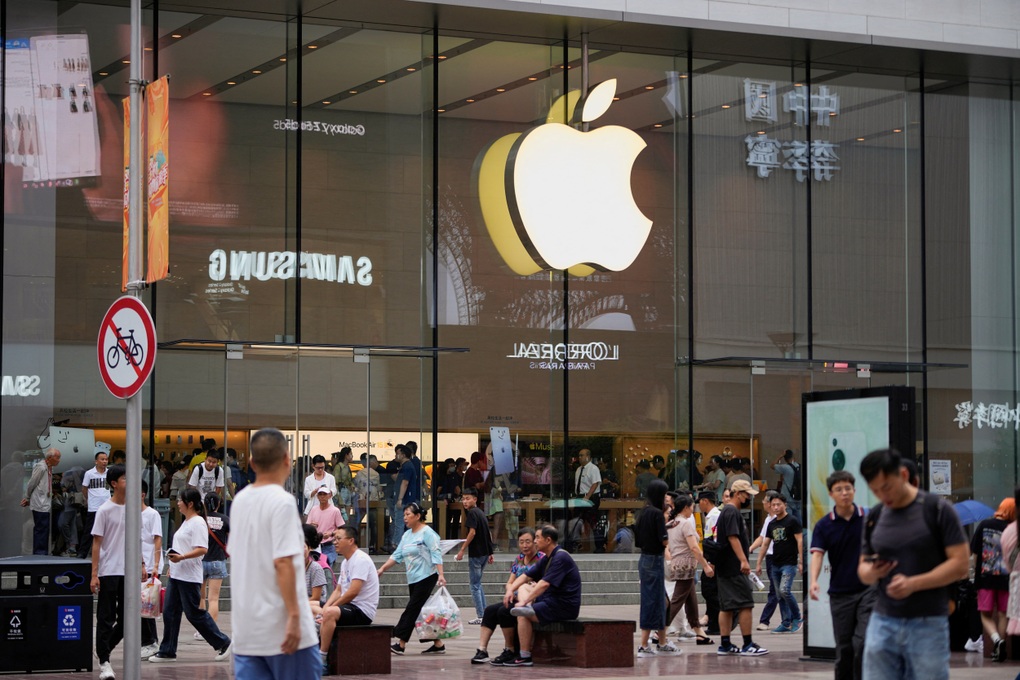
Apple Store in China (Illustration photo: ST).
For years, international technology companies have taken advantage of low-cost, large-scale manufacturing in Asia. However, the new landscape of volatile trade policies, tariffs and the risk of supply chain disruptions has prompted companies to seek alternative manufacturing destinations.
“Few consumers realize how important it is for Apple to expand production beyond a single market. Diversifying into countries like India and Vietnam shows that resilience is now as important as supply chain efficiency,” said Mark Vena, principal analyst at SmartTech Research.
According to Stephen Ezell of the Information Technology and Innovation Foundation (ITIF), many US companies are increasingly focusing on safer and more flexible manufacturing environments. In this context, India has emerged as a potential destination to meet the requirements for manufacturing complex technology products.
Gamble on quality and profit
However, leaving a manufacturing ecosystem that has been optimized for years is not without risk.
“China’s extremely low manufacturing costs are a big part of Apple’s incredible profitability,” warns Rob Enderle, principal analyst at the Enderle Group.
Financially and qualitatively, manufacturing in China has been extremely productive for Apple.”
He predicted that iPhone quality could decline in the initial stages as new assembly teams in India need time to train and adapt.
However, for a brand as prestigious as Apple, compromising on quality is unacceptable. Mark Vena argues: "Apple understands that its reputation depends on ensuring that Made in India products are equivalent to Made in China products in terms of precision and reliability."
He believes that Apple has been investing heavily in monitoring and training to bring manufacturing in India up to its global standards.
India: The New Promised Land
So why India? It’s not just about diversifying the supply chain. India offers Apple two parallel strategic benefits.
First, it’s a way to avoid tariff barriers. “India imposes very high tariffs on products that are not manufactured domestically. So Apple’s initial motivation was to manufacture products in India so that they could sell to the country’s own 1.3 billion people without being taxed,” explains Bob O’Donnell, founder of Technalysis Research.

iPhone 17 is expected to have many major upgrades (Illustration: ST).
Second and most importantly, India is a huge growth market. “Apple’s shift away from China is not just about risk but also about positioning for the future; by penetrating deeper into the Indian economy , Apple is strategically aligning production with demand,” Vena stressed.
Ultimately, this shift is more than just a defensive response to geopolitical risks. It is an offensive move, a carefully calculated gamble to lay the groundwork for future growth.
The move could shape Apple's next decade, Vena says, just as the iPhone itself did the previous decade.
Source: https://dantri.com.vn/cong-nghe/apple-va-canh-bac-iphone-17-20250820222833377.htm




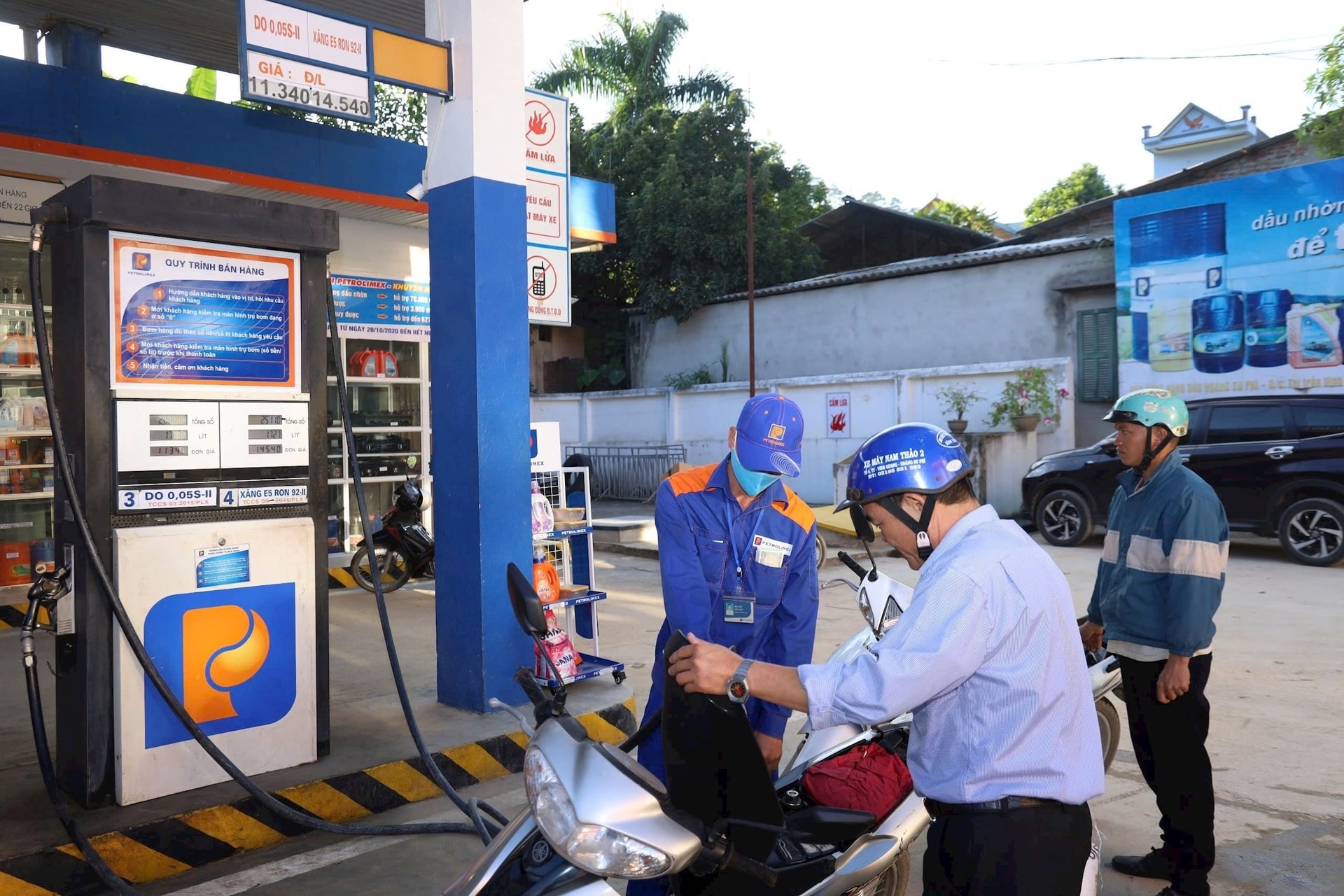


















![[Photo] An Phu intersection project connecting Ho Chi Minh City-Long Thanh-Dau Giay expressway behind schedule](https://vstatic.vietnam.vn/vietnam/resource/IMAGE/2025/8/21/1ad80e9dd8944150bb72e6c49ecc7e08)
![[Photo] Politburo works with Standing Committees of Lang Son and Bac Ninh Provincial Party Committees](https://vstatic.vietnam.vn/vietnam/resource/IMAGE/2025/8/20/0666629afb39421d8e1bd8922a0537e6)





![[Photo] Prime Minister Pham Minh Chinh receives Australian Foreign Minister Penny Wong](https://vstatic.vietnam.vn/vietnam/resource/IMAGE/2025/8/20/f5d413a946444bd2be288d6b700afc33)
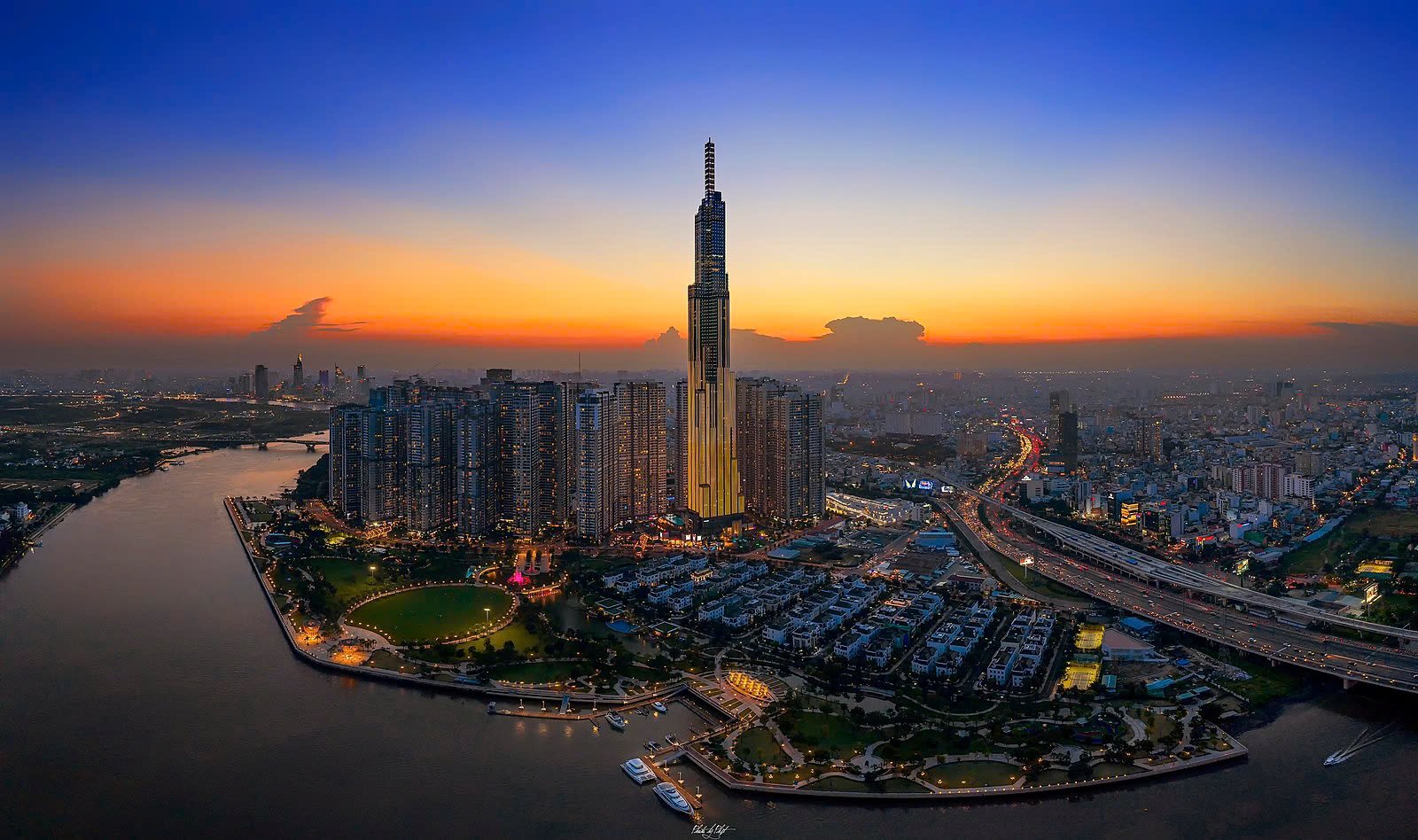









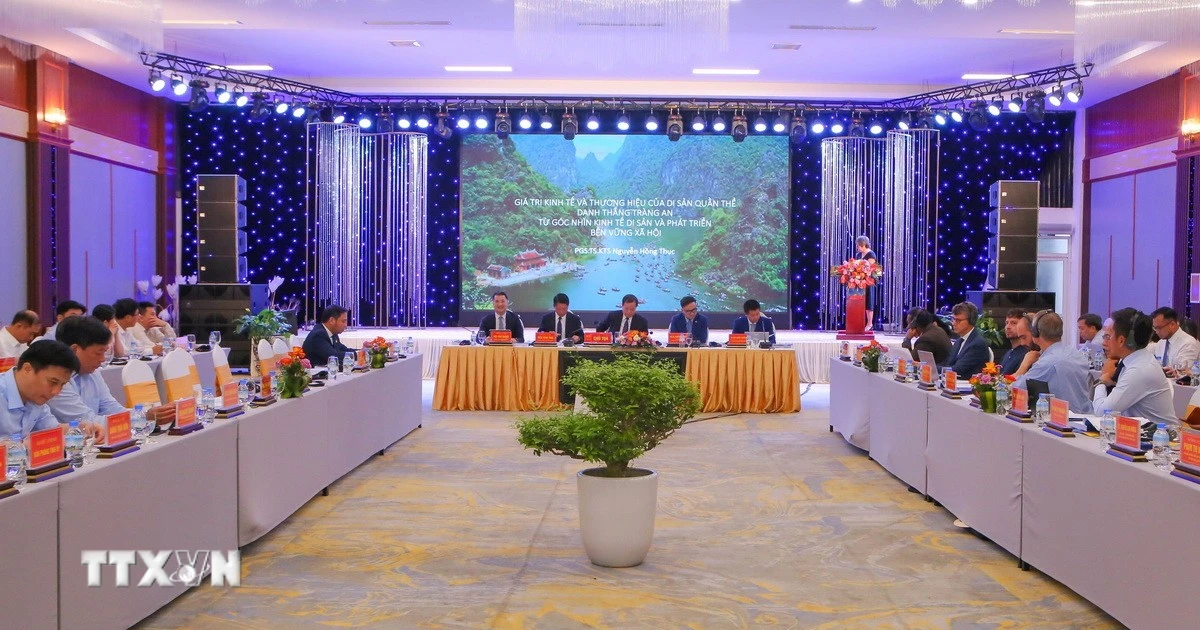

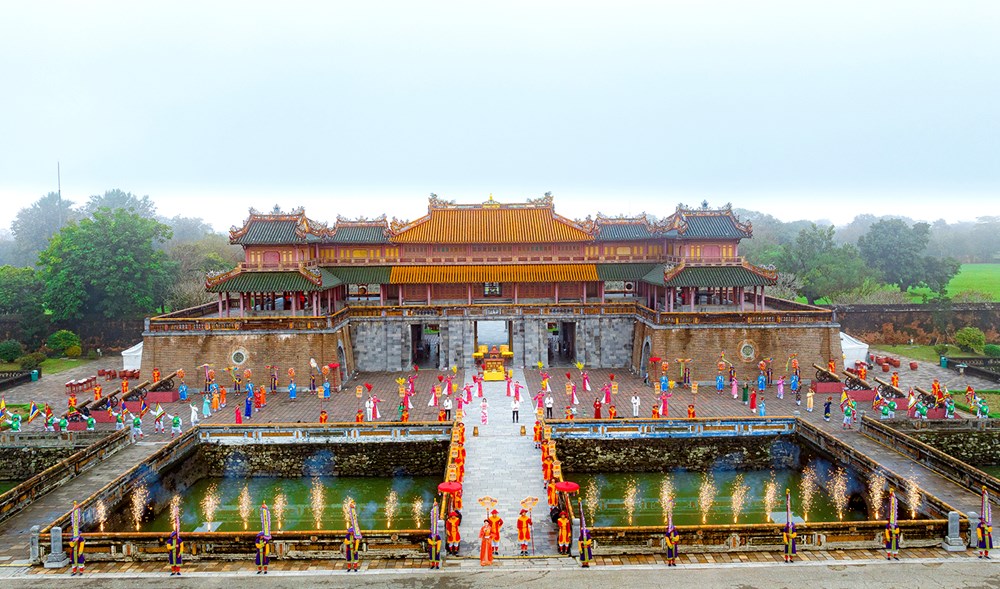























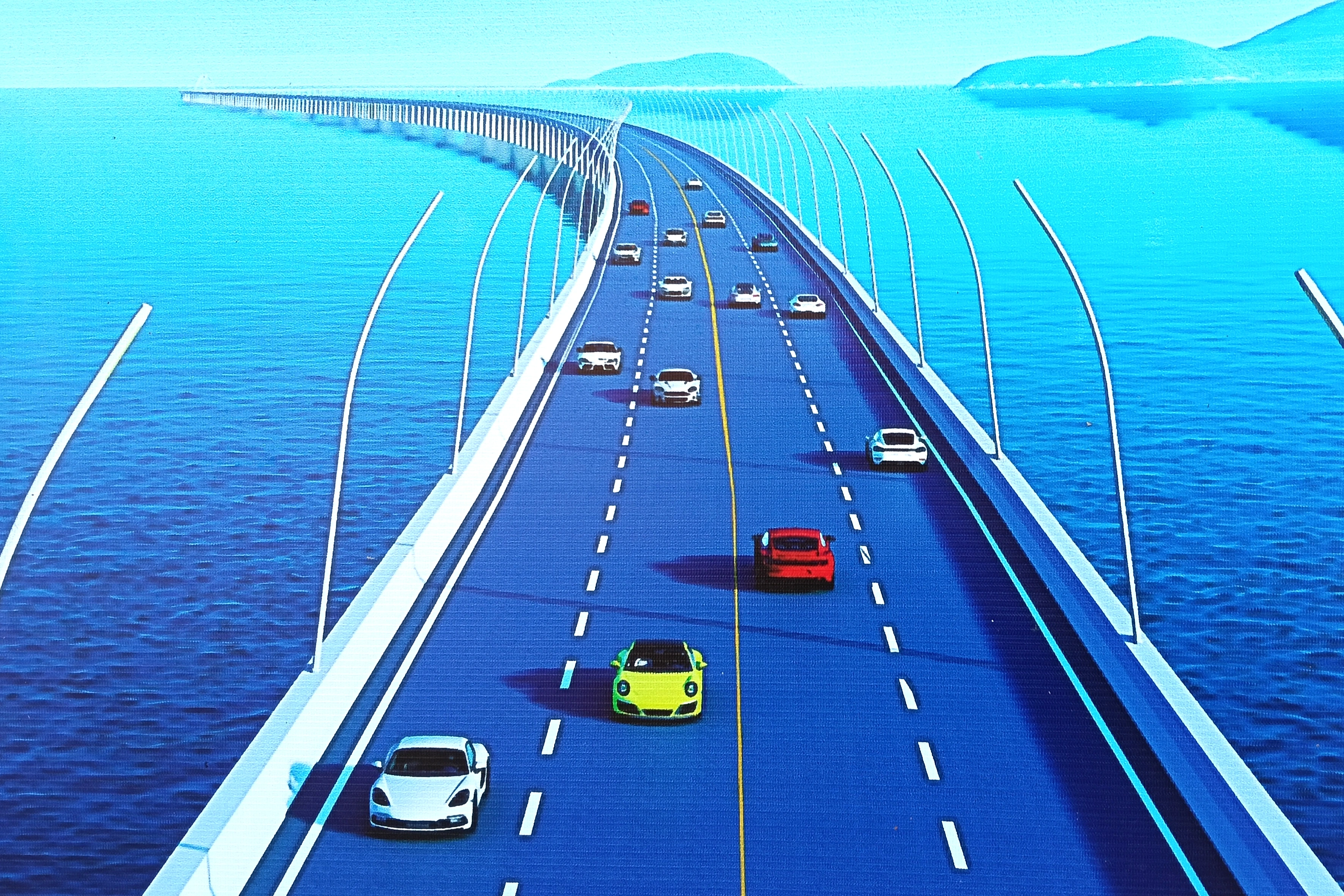
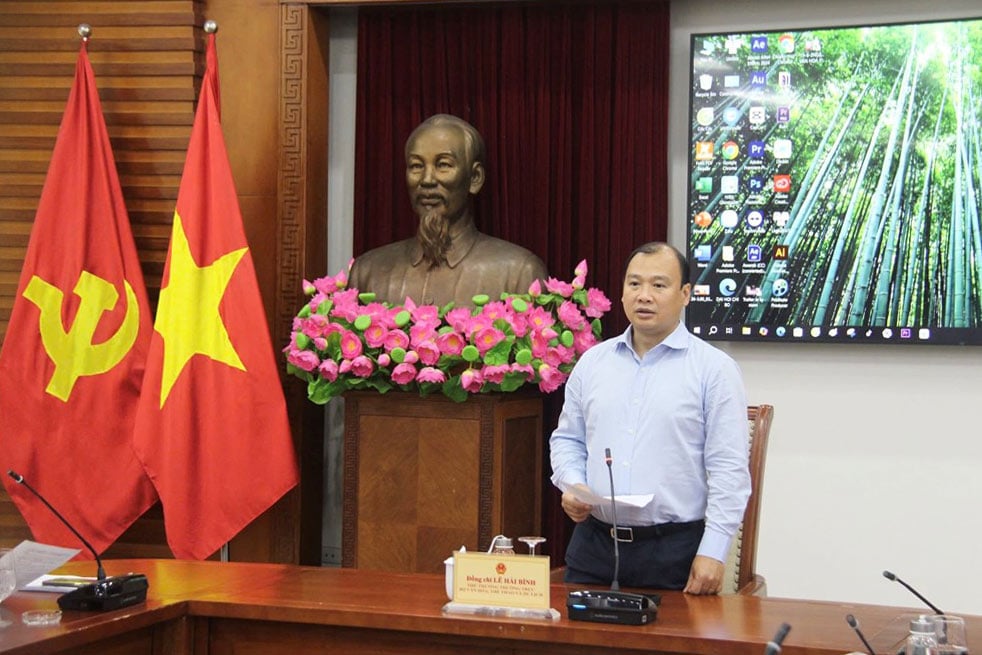


































Comment (0)